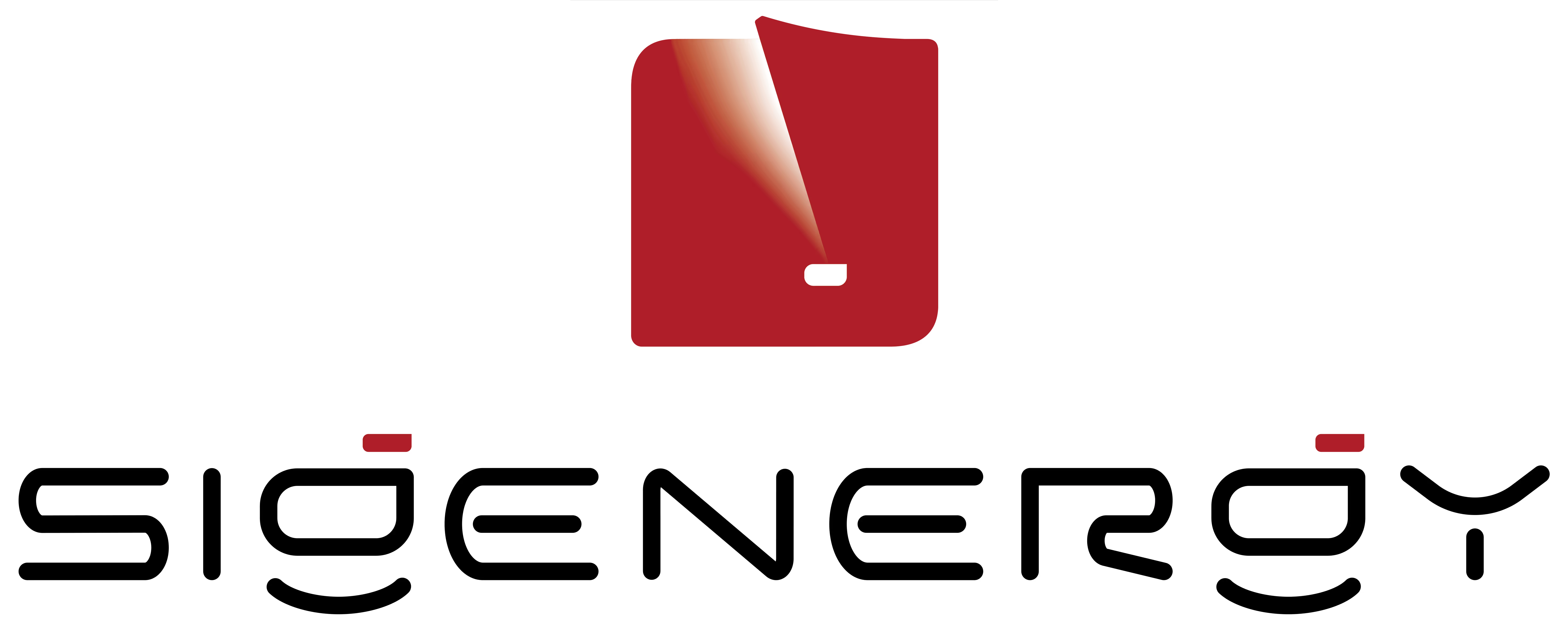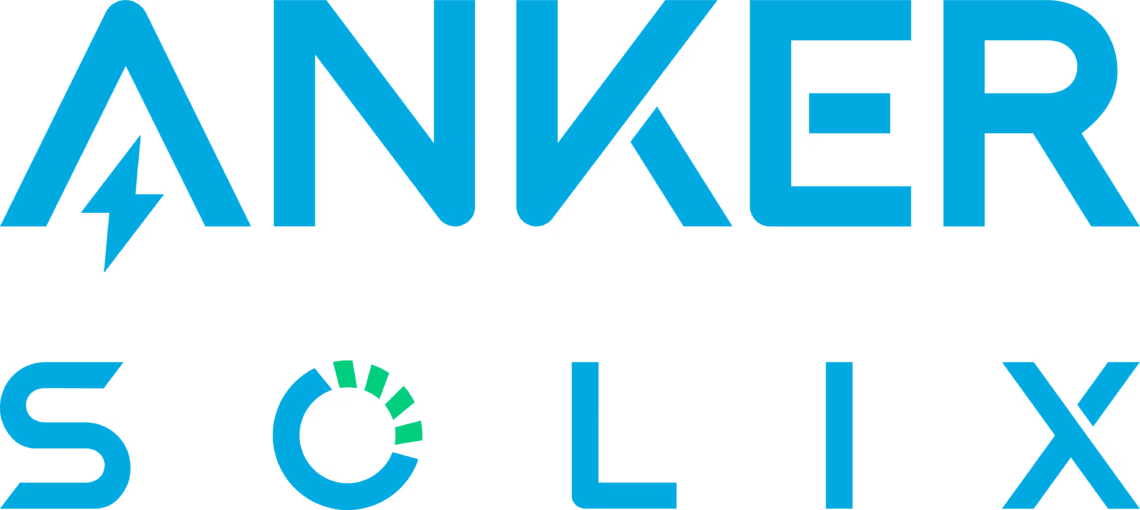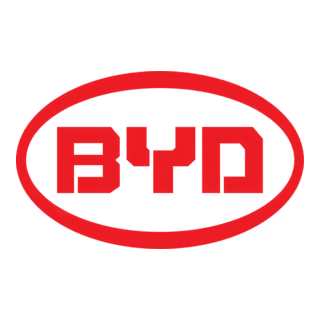.svg)

The cost of solar batteries can vary widely depending on several factors such as battery capacity, brand, technology, and installation requirements. As of 2024, here are some typical cost ranges for solar batteries:
It's important for consumers to obtain multiple quotes from reputable solar installers and consider factors beyond upfront costs, such as long-term savings on electricity bills, warranty coverage, and system performance. Additionally, government incentives and rebates may help offset the initial investment in solar battery systems, making them more financially viable over time.

In 2024, solar batteries continue to offer significant value for homeowners and businesses alike, albeit with considerations based on individual circumstances. The primary benefits of solar batteries include increased energy independence by storing excess solar energy for use during peak demand periods or grid outages. This capability reduces reliance on the electricity grid, mitigates energy bill fluctuations, and enhances overall energy resilience.
Moreover, advancements in battery technology have improved efficiency and lifespan, making them more cost-effective over their operational lifetime. In regions with time-of-use pricing or unreliable grid infrastructure, solar batteries can provide substantial financial savings and ensure uninterrupted power supply. Additionally, as renewable energy adoption grows and environmental concerns intensify, solar batteries play a crucial role in supporting sustainable energy practices and reducing carbon footprints. However, the decision to invest in solar batteries should consider upfront costs, available incentives, electricity usage patterns, and local regulatory factors to maximize the economic and environmental benefits.

Currently, there are two federal government incentives in Australia for homeowners installing solar panels, which include Small-scale Technology Certificates and Feed-in Tariffs. Some of the state as additional rebates when you install solar power on your home.

Q CELLS is one of the largest module manufacturers in the world and is classified as a Tier 1 company. Their product warranty is equal to or better than other major brands. Your performance guarantee is outstanding. All of these panels are approved by the Clean Energy Council.
Q CELLS uses a unique combination of R & D, pilot production, and testing at various R & D sites to develop and apply innovative manufacturing methods for high-tech products. The Q-Cells solar module was rated 4.6 out of 5 by Australia's independent rating platform.

Q CELLS is part of the Hanwha Group, a Global Fortune 500 company founded in 1952. The Hanwha Group has a history of financial stability for over 67 years, and with the support of the Hanwha Group, Q CELLS can provide a guarantee of over 25 years.
Q CELLS has been supporting the Australian community longer than any other manufacturer currently on the market since 2009. With products specially designed for the Australian climate, unmatched on-site support, and extensive laboratory and on-site testing facilities, we are a trusted supplier to Australian consumers.

Solar panels technologies continues to improve on a time to time, LG and the Australian Consumer Organization, have been involved in several comparative tests between the LG panel and many other panels. The LG NeON2 and NeONR panels are one of the consistently best performing panels in these tests. This means you can get good power generation in dark places and all other weather conditions. One of the reasons why the NeON 2 module performs so well is the double-sided cell structure. This innovative approach allows light to be absorbed from the front and back of the cell, and the light hits the edges and back of the solar cell to generate additional electricity, improving module performance.
The solar panels deteriorate at the end of their life and generate less electricity each year. NeON2 and NeONR have very little annual deterioration. Throughout the life of an LG panel, system degradation is typically 10% less than cheaper panels. This adds a few dollars to the additional power generation using the LG NeON panel over the years. The LG Solar Panel was rated 4.7 out of 5 by Australia's independent rating platform.

LG's solar panel manufacturers have over 60 years of product development and innovation experience, as well as over 30 years of R & D experience. This makes LG one of the leading solar panel innovators and manufacturers in Australia and New Zealand, as well as in the world.
LG has won several awards for innovation. Technologies such as "CELLO" multi-wire busbars and double glazing are aimed at increasing the efficiency of solar panels and thereby guaranteeing significant savings. LG Panel comes with a 25 year panel replacement warranty, which guarantees better returns and peace of mind over the long term. The LG Solar Module has a very rugged design and is one of the most powerful on the market. Designed with Australia's climatic conditions in mind, they can withstand extremely strong hurricanes and hailstorms.
LG has been in Australia for over 20 years and offers excellent customer service. All of these factors make LG solar panels an unavoidable choice given budgetary factors.

Yes, JinkoSolar is recognized as a reputable and reliable solar panel manufacturer in the global market, including Australia. Here are several reasons why JinkoSolar panels are considered good options:
Overall, JinkoSolar panels are considered a good choice for those looking to install solar systems due to their combination of high efficiency, competitive pricing, reliable performance, and strong warranty support. However, it's essential to evaluate specific models and consult with a reputable solar installer to ensure the panels meet your energy needs and are suitable for your location and installation requirements.

Jinko Solar is one of the largest and most innovative solar module manufacturers in the world. Jinko Solar employs more than 15,000 people in seven manufacturing facilities around the world. Jinko Solar is a world-renowned Tier 1 solar module brand building a vertically integrated value chain for solar products. The Jinko solar panel is a very cost-effective option due to its combination of excellent reliability and competitive price.

Large investments in research and development (R & D), patents and strategic partnerships put Canadian Solar at the forefront of the solar industry.
Canadian Solar is part of the Silicon Module Super League (SMSL), a group of six of the largest module suppliers in the PV market today.
Canadian Solar's new modules feature black silicon cell technology for more power and outstanding efficiency.

Founded in Canada in 2001, Canadian Solar manufactures photovoltaic (PV) modules and specialized solar equipment and currently operates in 20 countries on six continents. In 2008, Canadian Solar was one of the first module manufacturers to have its own on-site test lab.
We currently operate three state-of-the-art PV research centres in Canada and China: cells, modules and systems. Canadian Solar is one of the leading manufacturers of solar modules with module capacities over 13 GW and cell capacities over 9 GW.
Canadian Solar has a strong and dedicated local presence in Australia, combining global solar expertise with local knowledge to meet all solar needs. Canadian Solar has served 172,000 households annually with its total system solution.

If the property is connected to a grid, you can select Queensland's grid-connected solar. This type of system uses the power generated by the PV system rather than the more expensive power from the grid, helping to save power costs during daylight hours. The system comes with a conventional inverter that connects to the solar panel and grid. This system works only when the main power is on and shuts down in the event of a power outage or grid failure. This solar panel system is ideal for commercial facilities such as homes, offices and sheds where most of the energy is used during the day.
If you use more power outside of business hours, or if you consume more power at night, you can opt for a hybrid solar panel system in Queensland. The hybrid PV system provides the ability to store excess unused PV in the battery. This battery can be used during non-business hours or at night, minimizing the power consumption of more expensive power from the grid. The hybrid solar power system comes with solar panels, hybrid inverters and batteries as needed.
If the property is not connected to the grid, you can choose an off-the-grid or standalone solar panel system in Queensland. The system comes with a solar panel and a battery. This system usually requires a lot of batteries to store energy, and the cost of the batteries is so high that it turns out to be very expensive.

Queensland is known as the "Sunshine State". Queensland is one of the most sunny areas in the country and can be considered one of the best places to install solar panels from a productivity standpoint. More sunlight means more energy, which means more savings in utility bills. More savings, in turn, translate into shorter payback periods.
Again, Queensland's solar panel systems are the lowest priced compared to other states, and many of Queensland fall into STC Zones 1 and 2 (Small Technical Certificates). Other states or regions. This has a direct impact on the price of the solar system.
These reasons, along with soaring utility bills, have made Queensland's inevitable choice of solar panel systems. With an average life expectancy of about 15-20 years, solar panel systems are considered beneficial as a long-term investment in Queensland.

Commonly people install – 6.6KW Solar system on a house with single phase which suits most houses with billing average of $350 – $500 Quarterly.
If billing averages between $500 to $800 Usually 10KW system would be ideal for the household.
People with three phase power on a property usually tend to put 10KW or more due to the benefit of feed in tariff. (# 3 phase property are allowed all access solar production to feed into grid without much restriction)

We strongly recommend you that when you choosing a solar system you should consider more of the product rather than concentrating only on prices. Do you know all you solar panels must be registered with clean energy council, to check registration please visit http://www.cleanenergycouncil.org.au


Due to increase in the electricity prices every year grid connect solar systems proves to be very fruitful in a long term. Solar systems can help you to eliminate the part of your bill by investing money once instead of paying bills lifetime. Research shows house valuation has gone up by $20.73 for every $1 decrease in energy bills. It is also way to help environment by producing renewable energy and reducing carbon foot prints. If you are thinking of investing in solar systems we will help you to make right decision.

Solar power can save anywhere between $15000 to $30000 over the lifetime of solar system. In Australia 1 KW solar can save average of $400 per year. Savings can vary depending on the location and many other factors like weather, shading, direction of panels.

As we have seen, most of Queensland is in STC Zones 1 and 2, and Queensland's solar panel systems are the cheapest compared to other states. However, Queensland prices are higher than Greater Brisbane because they include shipping and travel costs for the goods. A typical 6.6kW solar panel system in
Brisbane costs $ 3,500 to $ 5,000 for a standard metropolis installation. A standard subway installation is in a one-story subway area with a tin roof. The price of a 6.6 kW solar system depends on the installation in the area, in a two-story or higher house, or in a house with a tiled roof. The price of a 6.6kW PV system also depends on the brand of the module or inverter.

Your Return on Investment may vary due to your usage habits, Panel face orientation, location etc. It is best to call our one of the team member and they will set side by side with you and work on your return on investments for you to help making informed decision.

Cost of solar panels has continued to change over the past decade behind different government incentive schemes and increased diversity in the panels, inverters and suppliers on the market. Being an informed consumer is increasingly important. Similar to buying a car or a computer, you’ll want to be sure that your system is a sound investment that best meets your needs at a reasonable price. It is important to be clear on what you want from your solar PV system.
Cost of solar panels has continued to change over the past decade behind different government incentive schemes and increased diversity in the panels, inverters and suppliers on the market. Being an informed consumer is increasingly important. Similar to buying a car or a computer, you’ll want to be sure that your system is a sound investment that best meets your needs at a reasonable price. It is important to be clear on what you want from your solar PV system.
Keeping in mind the variables mentioned above, the table below shows an approximate guide on price range for grid-connected solar PV systems in the major capital cities. Government rebates such as Renewable Energy Certificates, Solar Credits and Feed-in Tariffs are included in these figures.

There are 2 ways how you can claim grid connect solar subsidies. As a customer you can ask your solar company to claim the subsidies on your behalf by giving them authority in writing or STC’s can be alloacted to you as a customer and you can claim STC’s as well.

Hybrid Solar Solutions offers 10 years workmanship warranty to all our installations. Workmanship warranty mainly covers any faulty installations, roof leakages caused by solar install, any damage to the property during installation.
















